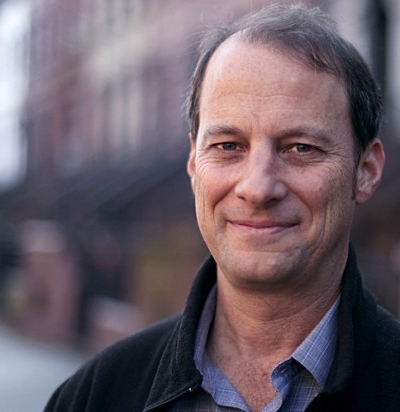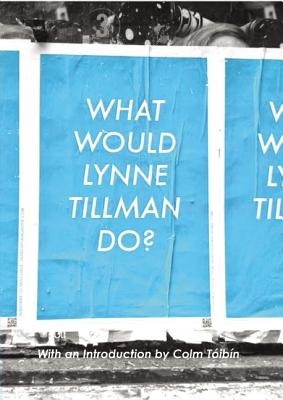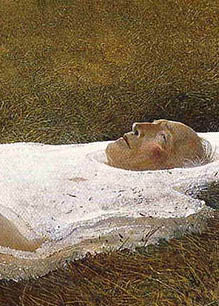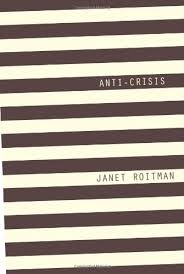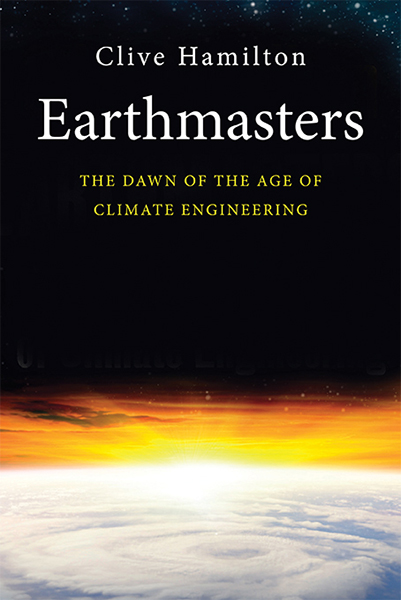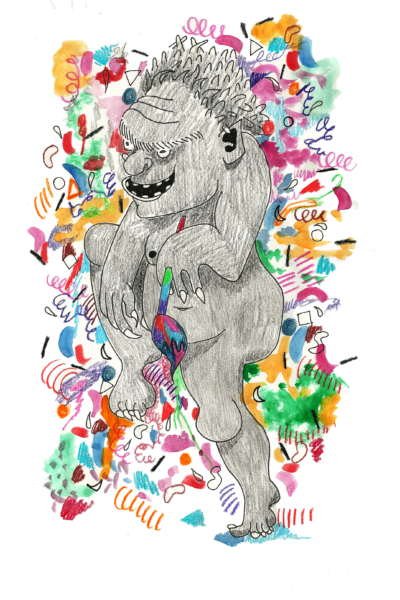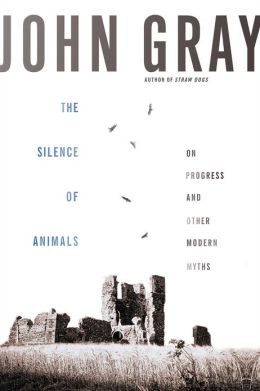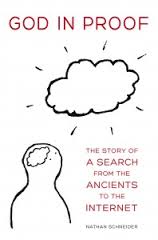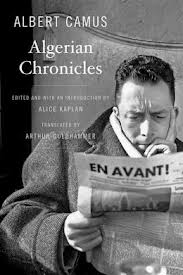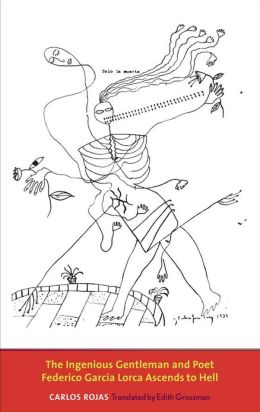Far from beginning to close the gap, the financial crisis and the recession have opened it even wider. It’s like nothing stops it. Every week there’s a story that is essentially that story.
What Would Lynne Tillman Do? – Lynne Tillman
Fiction writers’ opinions on current events have a basic, ironic appeal: Credentials, qualifications — they have none.
Change in the Land: Willa Cather’s Midwest
The mysterious work of the novel in regard to climate change seems less about politics and more about calm, diverse reflection.
You can’t say that this object is a world with crisis and this object is a world without crisis. Empirically we can’t do that; it’s a logical distinction, we can only have crisis and anti-crisis.
“Since the beginning of time, man has yearned to destroy the sun. I will do the next best thing: block it out.” — Mr. Burns
When an ordered society depends on maintaining a hierarchy of images, the ability to wield this kind of ironic superposition has a concrete political power.
Silence of the Animals – John Gray
It enlivens the brain as it masticates, swallows and then defecates out the spirit.
God In Proof – Nathan Schneider
Schneider mixes together philosophy, memoir, journalism, and a good bit of sociology to get at a fundamental question: not, “Why is there something rather than nothing?” but rather, “What role do proofs of God play in human life?”
Algerian Chronicles – Albert Camus
In Algerian Chronicles we get both the settled position of Camus on Algerian independence and a study of what led to this exasperated tone – namely the insufficiencies of humanist principles to get a fair hearing during a particular kind of political sequence.
The Ingenious Gentleman and Poet Federico García Lorca Ascends to Hell – Carlos Rojas
I’m not sure I need to know this Lorca.


